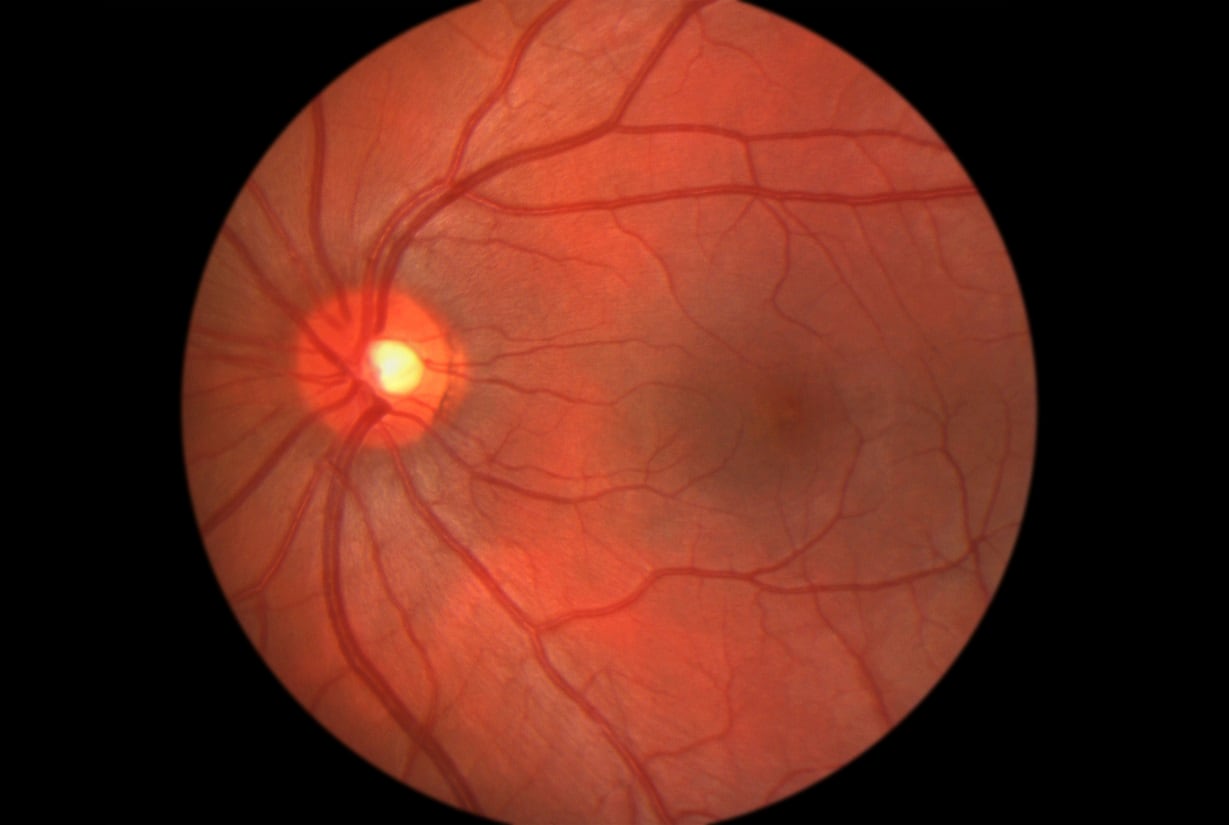Daily supplementation with zeaxanthin only or a ‘multi’ containing zeaxanthin, lutein, and omega-3s was associated with a 20% increase in MPOD and a 20% increase in temporal processing speed, according to findings published in Archives of Biochemistry and Biophysics.
“In this study we found that MPOD was positively correlated with temporal processing speed even when young healthy subjects were targeted. This latter point is significant since young healthy subjects are typically considered to be at peak efficiency and might be expected to be most resistant to change due to ceiling effects,” wrote Emily Bovier from SUNY Oswego and Billy Hammond from The University of Georgia, Athens.
Bovier and Hammand said it’s not yet known how the xanthophylls affect processing speed but data does suggest that lutein and zeaxanthin directly alter brain function.
“[W]e do know that L and Z are in brain and their presence appears to be more the result of active as opposed to passive mechanisms (since amounts are in excess of what one would predict based on dietary intake),” they added.
From eyes to the brain
The link between lutein and eye health was first reported in 1994 by Dr Johanna Seddon and her co-workers at Harvard University, who found a link between the intake of carotenoid-rich food, particularly dark green leafy vegetables like spinach, and a significant reduction in age-related macular degeneration (AMD) (JAMA, Vol. 272, pp. 1413-1420).
Numerous studies with data from primates, children, middle-aged people, and the elderly now support the importance of lutein in brain health.
Much of the research has been led by Elizabeth Johnson, PhD, Scientist I in the Antioxidants Laboratory in the Jean Mayer USDA Human Nutrition Research Center on Aging at Tufts University, Prof John Nolan and Prof Stephen Beatty from the Macular Pigment Research Group at the Waterford Institute of Technology in Ireland, and Dr Hammond at the University of Georgia.
(For a 2012 review on the subject by Dr Johnson in the American Journal of Clinical Nutrition, please click HERE)
The new study builds on previous data from Dr Hammod published in PLoS One, which found that zeaxanthin on its own or combined with lutein and omega-3s boosted visual motor reaction time by about 10% compared to placebo.
Study details

Bovier and Hammand recruited 69 young people aged between 18 and 32 to participate in their four-month double-blind supplementation trial. Participants were randomly assigned to one of three groups: The first group received 20 mg of zeaxanthin per day (EyePromise Zeaxanthin, ZeaVision, LLC); the second group received supplements containing 26 mg per day of zeaxanthin, 8 mg of lutein, and 190 mg of omega-3s (EyePromise vizual EDGE, ZeaVision, LLC), or placebo.
This study was funded by ZeaVision.
MPOD and tCSF (temporal contrast sensitivity function – a measure of visual processing speed) were measured at the start and end of the four-month study. According to a 2010 review published in Vision Research (Vol. 50, pp 716-728) macular pigment optical density (MPOD) - an indicator of xanthophyll levels in the eye - may also “potentially serve as a biomarker not only for predicting the risk for eye disease but also for visual function”.
Results showed that, while no changes were observed in the placebo group, both measures improved significantly in the supplement groups.
“[T]hese data fit in with a widening body of literature that has linked diet to central nervous system function even in young subjects,” they wrote. “It can be generally remarked that improving diet is not simply to prevent acquired or deficiency disease, but rather to optimize function throughout life.”
‘Staying ahead of the curve’
Dr. Hammond recently featured as guest speaker at the 2015 Collegiate and Professional Sports Dietitians Association Conference in Point Clear, Alabama. Scott Sehnert, CPSDA President and Director of Sports Nutrition at Auburn University, said: “Vision and response time are two of an athlete's most critical assets. Having NSF Certified zeaxanthin-based nutritional products will allow us as dietitians to stay ahead of the curve in terms of maximizing human performance.”
Source: Archives of Biochemistry and Biophysics
Volume 572, Pages 54-57, doi: 10.1016/j.abb.2014.11.012
“A randomized placebo-controlled study on the effects of lutein and zeaxanthin on visual processing speed in young healthy subjects”
Authors: E.R. Bovier, B.R. Hammond

